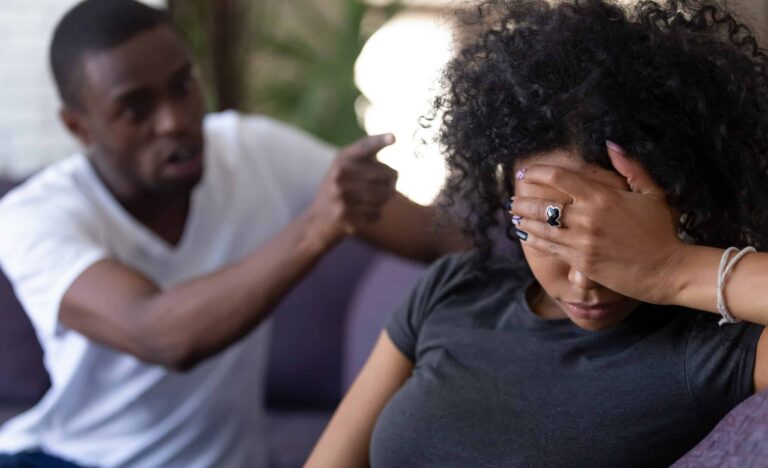We’ve all experienced a moment like this—you overhear or see something that inexplicably kickstarts an intense emotional response. You’ve been triggered. It’s a natural reaction in our brains, usually related to past wounds or trauma, and it often wells up in us without warning. Triggers leave us feeling anxious, panicked, or angry. To fight the feelings, we usually respond in a way that we’d later love to take back. But it’s too late by then. The damage has been done. A trigger led to a poor reaction, which led to an even bigger mess. How do we stop this cycle?
To borrow a line from my friend Ted Lowe, “Saying you’re sorry is great; not needing to say sorry is better.” I firmly believe that. The next time you’re triggered by friends, kids, or even a spouse, it doesn’t have to end poorly. We all need to know how to deal with triggers and not have them escalate. Being triggered is understandable, but your reactions when it happens matter. Here are 6 P’s to use next time you’re triggered.
1. Pause
The easiest thing to do when you’re triggered is react or speak before thinking through the response. It’s almost instinctual. But when we fail to pause after being triggered, we risk doing or saying something we may regret. Failing to pause can lead us to doing something that hurts feelings and breaks relationships. Pausing gives us a chance to shift our thoughts, actions, and words into a more constructive place.
2. Probe
While you’re pausing, it’s important to ask yourself some questions. “Did that experience just remind me of a person who has hurt me, or a difficult moment from my past?” If the answer is yes, you’ve just identified a wound that probably hasn’t fully healed. Asking clarifying questions of the person who triggered you is good, but looking within is necessary, too. Information is your friend when you’ve been triggered. The more, the better.
3. Process
Once you gather the answers to your questions, slowly ingest the information. Analyze what’s been shared and what you discovered about yourself. Was anything surprising? Have your thoughts changed about your trigger? Do you have a new perspective? Processing helps you know how to deal with triggers effectively. It leads nicely into the next step.
4. Proceed
If I accidentally cut myself with a knife, leaving that wound unattended would be foolish. Infection sets in quickly if we don’t deal with physical wounds. The same thing is true of emotional wounds, which result in triggers. Failing to deal with them invites bitterness, envy, and many other issues that will slowly eat away at us. Processing the wounds that get touched by your triggers looks different for everyone. You may choose to speak to a counselor. There are also books you can read that can help with these sorts of things if counseling isn’t an option. No matter how you process it, be proactive, and don’t let your wounds fester.
5. Pray
In my experience, there is no substitute for prayer after being triggered. At its core, praying is asking for help, including for things we need after we’ve been triggered—peace and healing. Your prayers don’t have to be complicated. Something as simple as, “Help me not be bitter, anxious, or stressed over this trigger, Lord,” works just fine. It’s not so much about the words you say as it is about the posture of your heart. Your triggers will persist until the wounds they’re touching have fully healed. Asking God for help healing them is never a bad idea.
6. Prepare
Unless you have no wounds, you’ll be triggered again. Prepare your heart for how to deal with triggers in that moment. Expect there to be conflict in your life and pre-determine how you’ll engage with future triggers.
Who in your life has been a good example of how to deal with triggers? Share in a comment.



